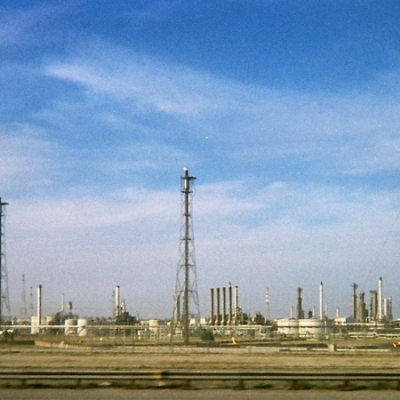How Middle East Is Using Desalination To Harness Drinking Water

The Middle East is becoming increasingly moving towards opting for desalination plants as water shortage looms heavy on their head. Sea water is salty and difficult to consume. This is one reason that Middle Eastern countries are looking at making use of water from the Mediterranean Sea and using the process of reverse osmosis to make it fit for drinking.
This is becoming more and more evident as nations agree that there are limited sources of water for domestic consumption. There is therefore a deepening sense of urgency to depend on desalination across the world because, if current trends continues, some estimates suggest that by 2030 there will be a 40 per cent gap between water supply and demand.
Some Middle Eastern countries, including Iran, Iraq and Jordan, are pumping huge amounts of water from the ground for irrigation as they seek to improve their food self-sufficiency, Charles Iceland, the global director of water at the World Resources Institute (WRI), told a prominent media house. That’s happening as they experience a decrease in rainfall.
If we look at desalination, it is worth noting that this process also needs huge amount of energy as well that would need a steady supply of gas or any other source of fuel. Dubai Electricity and Water Authority is looking to use solar energy more widely to power its desalination plants, but technical hurdles stand in the way of the widespread adoption of renewables.
Because output fluctuates, renewable energy can be problematic, because desalination plants experience fouling if not run continuously.
Desalination does have its harmful environmental affects too. One of them is production of brine which is hugely concentrated on salt levels and can be harmful for marine life. Scientists have already warned against rising temperatures nearly twice as fast as the global average in the east Mediterranean and Middle East.
Meeting the main targets of the Paris Agreement, a global pact of countries to cut emissions, could stabilise the annual temperature increase to about two degrees Celsius.



